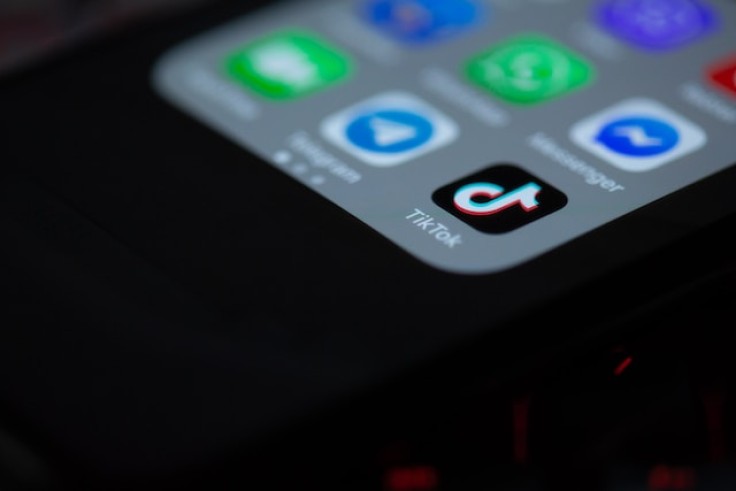
TikTok, the popular social media platform known for its viral dance challenges and trending challenges, is becoming an unexpected avenue for history education. Scholars and educators are increasingly utilizing TikTok to share historical facts and narratives that are often overlooked in traditional textbooks. According to a 2022 survey conducted by Study.com, one in four TikTok users in the United States uses the platform for educational purposes, with history being one of the most sought-after subjects.
Education vs. Censorship: TikTok as a Battleground for Historical Knowledge
Among the educators making waves on TikTok is Kahlil Greene, known as the Gen Z Historian. As a senior at Yale University in 2021, Greene garnered attention by posting videos that shed light on the "whitewashing" that occurred during Martin Luther King Jr. Day, emphasizing the civil rights leader's radical views on race and class.
Encouraged by the positive response, Greene launched a series called "Hidden History," where he delves into lesser-known moments in the nation's past, such as the nativist origins of the Pledge of Allegiance and the disturbing history of "human zoos." Today, he boasts over 600,000 followers on TikTok, and his educational content routinely amasses tens of thousands of views.
According to CNN, the appeal of TikTok's history education lies in its ability to fill gaps left by traditional school curricula. Depending on the state, partisan politics and local demographics can significantly affect history education in US public schools. For example, California textbooks often emphasize the experiences of marginalized groups, while Texas textbooks tend to downplay them. According to the University of California, Los Angeles School of Law, right-wing attacks on "critical race theory" have also led to the introduction of nearly 700 measures to restrict teaching about race and racism from 2020 to 2023.
Educators like Ernest Crim III, a former high school history teacher, use TikTok to provide insights into lesser-known Black historical figures and promote a deeper understanding of systemic issues. Crim's videos celebrate the contributions of Black figures such as historian Carter G. Woodson and civil rights activist Viola Liuzzo. His goal is to empower young people and inspire them to advocate for equitable systems.
TikTok as a Catalyst for Grassroots Change: Educators Encourage Active Engagement
Aslan Pahari, a Sydney-based creator on TikTok, uses the platform to explore ancient history, mythology, and South Asian and Central Asian cultures. Born and raised in Australia, Pahari's curiosity about his own ethnicity and origins led him to share stories about tribal communities in India and the inspiration behind "The Jungle Book." His content aims to help South Asian youth connect with their heritage and gain pride in their cultural roots.
While TikTok offers a rich array of educational content, it also presents challenges as content from qualified educators mingles with unverified sources. Some educators provide citations and additional context, but viewers are encouraged to verify information independently and engage actively with the content. TikTok can be a valuable starting point for further inquiry, but it should not replace extensive reading and research.
In the digital age, platforms like TikTok offer unique opportunities for educators to engage and inspire learners. By leveraging the platform's reach and popularity, these history educators are playing a crucial role in broadening perspectives and deepening understanding of the past.
Related Article : TikTok CEO Admits Not Allowing His Children to Use App
